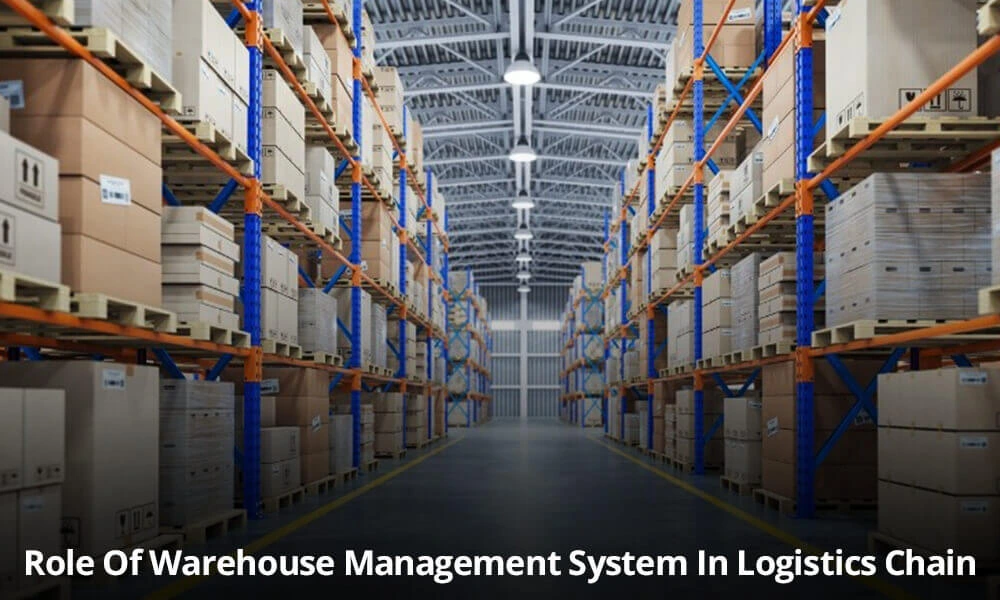Ever since the e-commerce industry started booming, warehouse and logistics chains have grown with a modern approach. The processes have become far more complex than it was a decade ago. The ever-advancing technology has also found its way into the warehouse management functions such as the logistics chain. It is popularly known as the Warehouse Management System (WMS). This software system helps a business to effectively manage the supply chain, the inventory, labour allocation, and cost of a warehouse. The list of functions below will explain the importance of WMS in the logistics chain.
Provides Order Management
Receiving orders is where the work for the logistic chain begins. Processing these orders includes maintaining inventory, accepting payments, handling documentation, etc. To ensure that no errors occur during this process, all customer data should be synchronised in one system. WMS ensures that all information is in one place, and a record is maintained for all deals and transactions
Manages Inventory
Warehouse inventory management is a vital part of the supply chain. Receiving the goods, storing them, and keeping a track of each unit—businesses cannot afford to make errors in these processes. A WMS provides better management that keeps all data in one system. It enables better coordination within the organisation, and eliminates errors thereby ensuring timely deliveries. It helps to keep a record of the stock and also provides inventory reports. A WMS reduces the paperwork of the inventory management process of the business through automation.
Increases Transparency
As information is stored in a centralised system, managing a warehouse becomes easier. Managers and employees can access the system to monitor the real-time status of an order or delivery. The WMS thus, brings transparency in the process and also helps suppliers to plan their production.
Improves Customer Relations
A warehouse management system (WMS) effectively optimises the logistics chain right from manufacturing to shipment of goods. The receiving party, be it a business or an individual, can track the status of delivery, thereby enabling the customer to engage with your organisation. Customers are more trusting towards a business that keeps the delivery process transparent. These little factors play a vital role in enhancing customer relations.
Helps to Reduce Cost
WMS significantly helps to reduce the cost by providing various functions in a single software. This ensures better planning and analysing. There is less paperwork, efficient labour allocation, and space management. As the company saves a lot of capital by integrating every process into a WMS, businesses can invest their resources in growth and development.
Improves Productivity
With all the different functions of the warehouse, it gets difficult at times to coordinate and follow processes to the T. Thus, warehouse management systems provide integration of all business activities. This in turn helps the business to have a definite flow, which makes it easier for workers to ensure accuracy in the chain. A WMS enables you to identify glitches and gives clarity of the performance for better productivity.
The technology has spread its roots in almost every sector. A WMS transforms the traditional ways of functioning into modern, streamlined, and automated processes. Such systems can be customised for unique business requirements. As this software processes, controls, and automates the warehouse operations, it can overcome multiple challenges faced by a business enterprise.
We, at SourcePro, understand the need for effective management, and thus offer a warehouse management system that can be configured as per the needs of a company. Contact us and schedule a demo!
